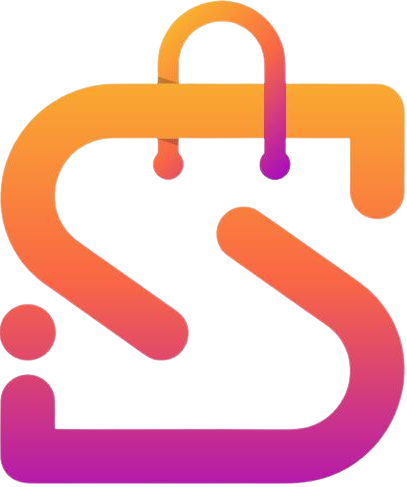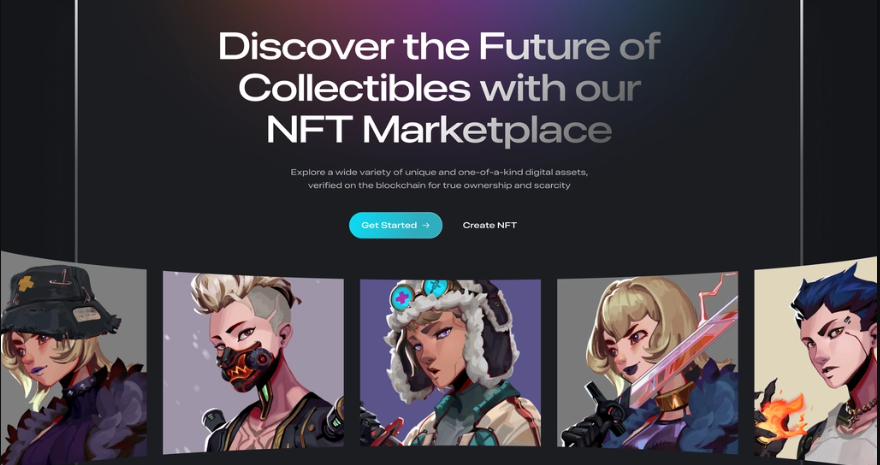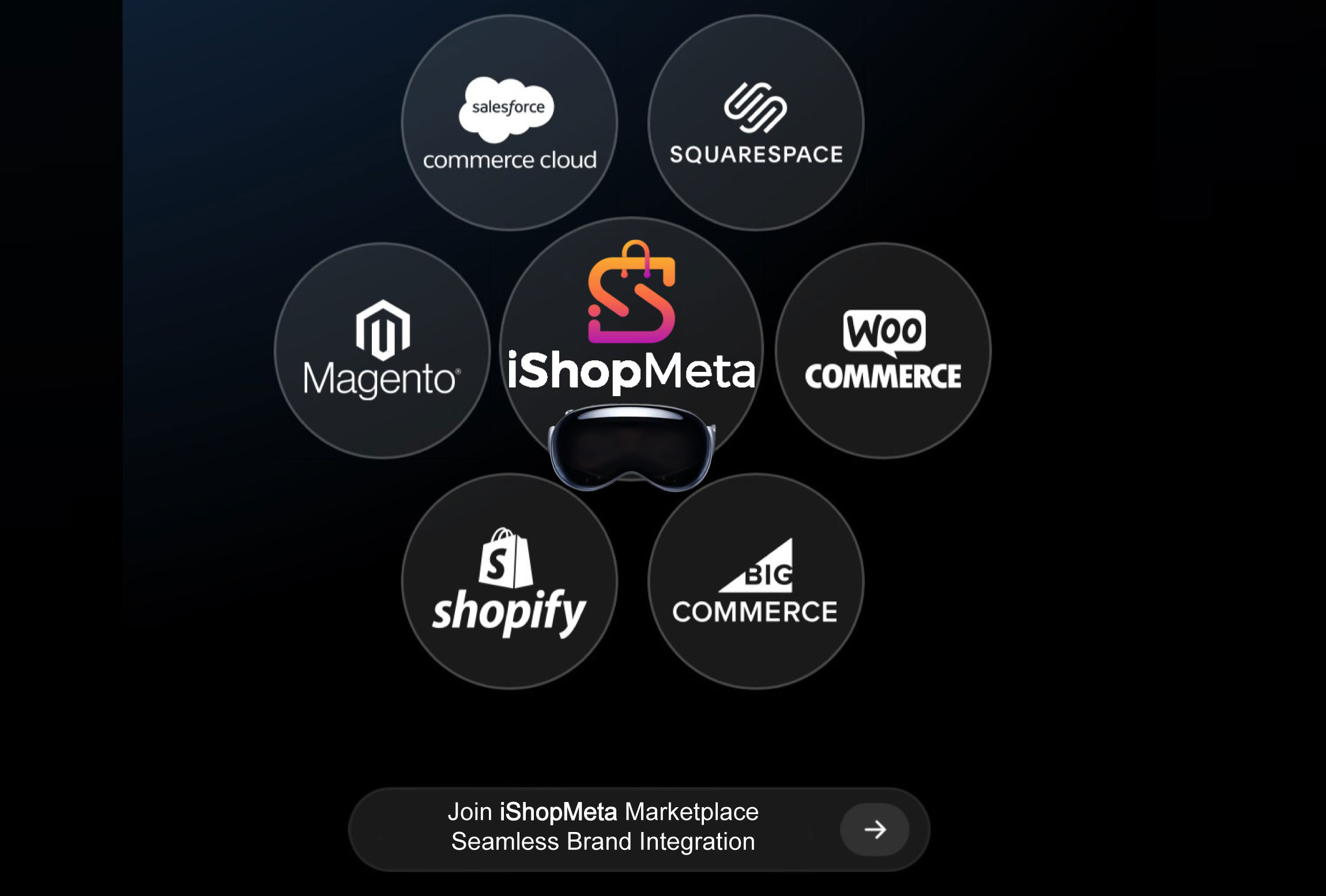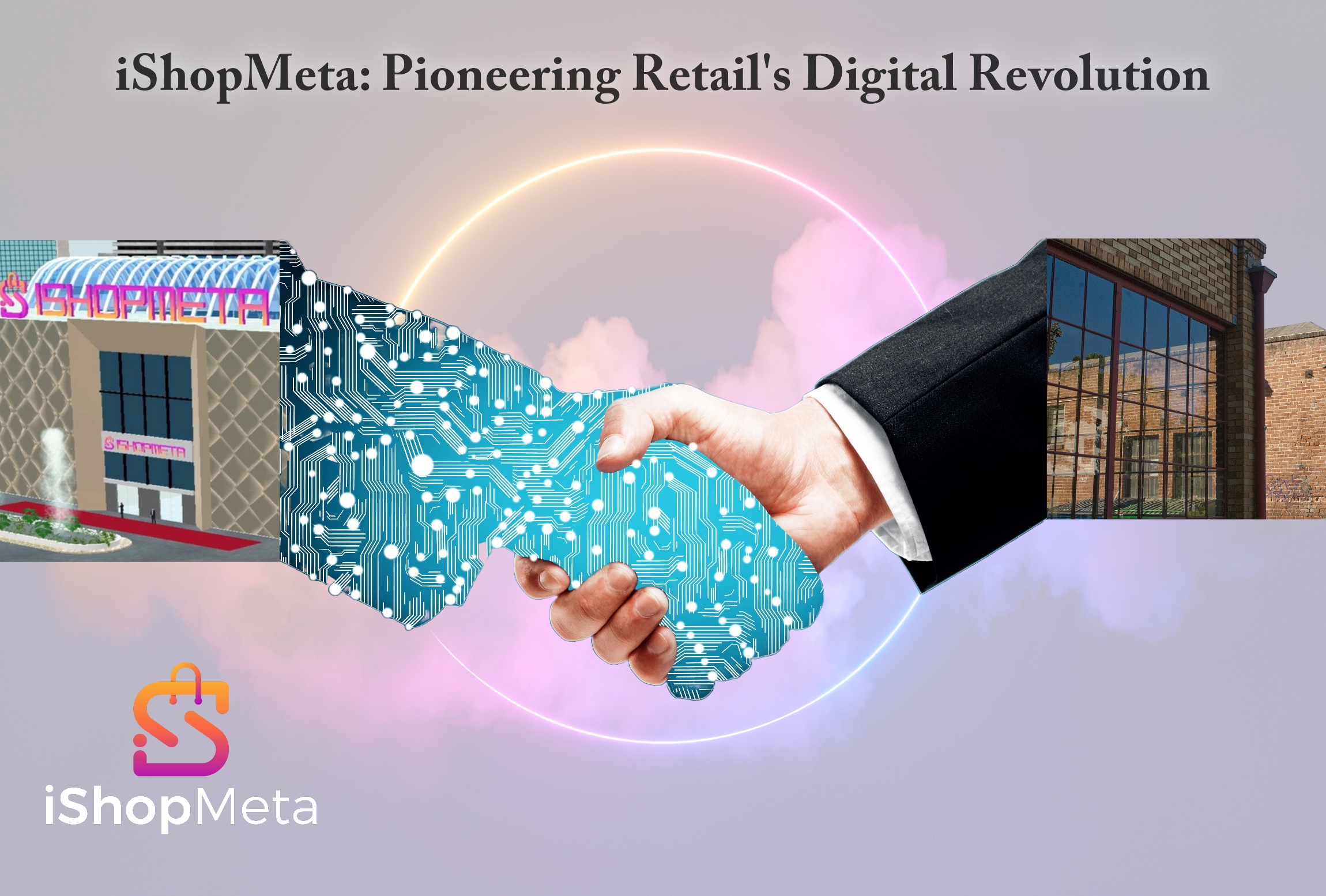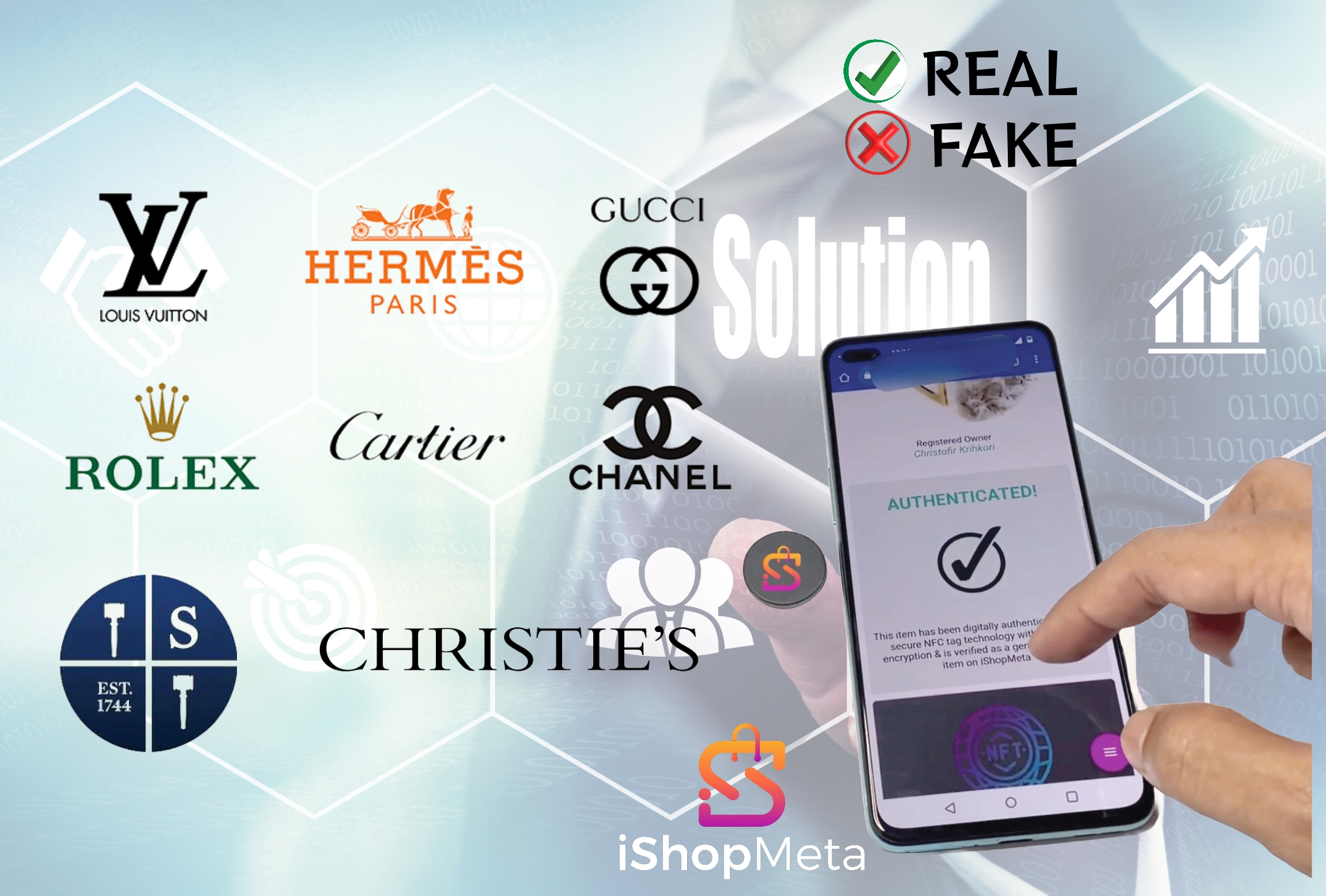In human history, collectibles have always existed. The thought of owning something special and expensive has always captivated individuals, whether it is coins, stamps, sports memorabilia, or works of art. The collectibles industry has changed significantly as a result of the development of technology. Collectors and creators alike now have more options thanks to the introduction of NFTs (non-fungible tokens). In this post, we’ll discuss the potential of an NFT marketplace for collectibles.
The Rise of NFTs
NFTs are digital assets that reflect the possession of a special commodity or piece of content. They are kept on a blockchain offering a safe and transparent ownership transfer method.
Digital collectibles have seen a sharp increase in popularity in recent years. There has been considerable advancement in interest in buying and selling digital assets and the development of e-commerce and online marketplaces. Users can purchase, sell, and trade virtual cats represented by NFTs on the first NFT marketplace, CryptoKitties, established in 2014. Since then, the market for NFTs has experienced phenomenal growth in niches, including art, music, and sports collectibles.
Recent research by NonFungible claims that the US market for NFT has experienced phenomenal growth over the past year, with sales reaching around $2 billion.
Why Are NFTs Becoming Popular?
There are several bases for the popularity of NFTs:
- Increasing Demand: Digital collectibles have grown rapidly in recent years. With the rise of e-commerce and digital marketplaces, there has been an increasing interest in owning and trading digital assets.
- Unique Nature: Each NFT is one of a kind, which ensures that it is valuable and sought-after.
- Secure and Transparent: NFTs provide a secure and transparent way to transfer ownership, which makes them ideal for collectors and creators.
The Future of Collecting
NFTs could revolutionize how we collect and trade physical and digital assets. They deliver a secure and transparent way to transfer ownership, and their unique nature ensures that each NFT is one of a kind. This is likely to grow the value of NFTs and make them a sought-after commodity. Expanding NFT marketplaces will result in new opportunities for businesses and individuals to use NFTs to create and trade digital assets. This will create a new market for digital collectibles that can be owned, traded, and displayed in virtual environments. The future of collecting is likely to be more diverse and inclusive than ever.
The Future of NFT Marketplaces
The future of the NFT marketplace appears promising, given the significant growth it has seen in recent years. However, several challenges need to be addressed. One of these is scalability. The current blockchain infrastructure cannot handle the growing demand for NFTs, leading to network congestion and exorbitant transaction fees. Another challenge is interoperability. As more blockchains emerge, it becomes increasingly more work for users to move their NFTs between different platforms. Developers are creating more robust and scalable multichain networks to address these challenges. These networks enable users to seamlessly create, trade, and display their NFTs across multiple platforms. This will make it easier for collectors and creators to participate in the NFT marketplace.
Conclusion
The future of collectibles with an NFT marketplace is exciting. NFTs have already revolutionized the way we collect and trade digital assets. As technology evolves, we expect more innovative ways to use NFTs in various applications such as gaming, music, and sports. Developing more robust and scalable multichain networks will enable users to participate in the NFT marketplace seamlessly. As we move towards a more digital time, it is clear that NFT marketplaces like iShopMeta will play an increasingly important role in collectibles.
FAQs
What can I trade on an NFT marketplace?
You can trade various NFTs on an NFT marketplace, including digital art, music, videos, and other unique digital assets.
How can one tell whether an NFT is genuine?
There are numerous ways to determine whether an NFT is genuine. Here are a few methods of validating an NFT you want to sell or buy:
- Scrutinize the NFT’s metadata using a blockchain explorer like Etherscan.
- Check the smart contract of an NFT.
- Verify if the NFT can be sold by checking its marketplace profile.
- Use tools like blockchain explorers, digital certificates of authenticity, and reverse image search to verify an NFT’s authenticity and originality.
What fees are associated with using an NFT marketplace?
The fees associated with using an NFT marketplace vary depending on the platform. For example, withdrawal holds, or blockchain network fees may exist for listing and creating NFTs on a marketplace platform.
How do I access and use an NFT marketplace?
You must create a crypto wallet compatible with the blockchain network that can accommodate the NFTs you want to purchase to access and use an NFT marketplace. To buy NFTs, you must also create a marketplace account.
